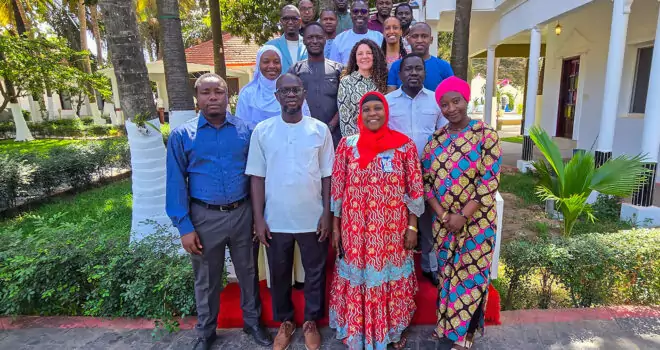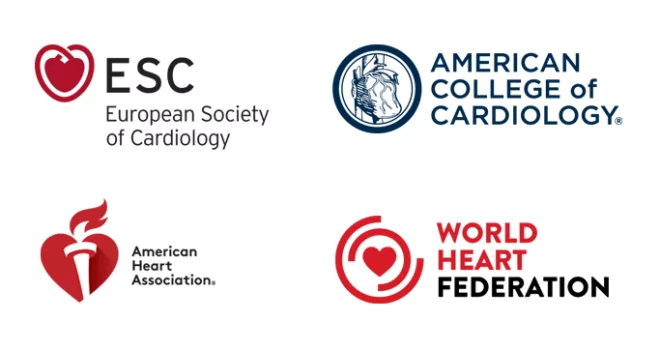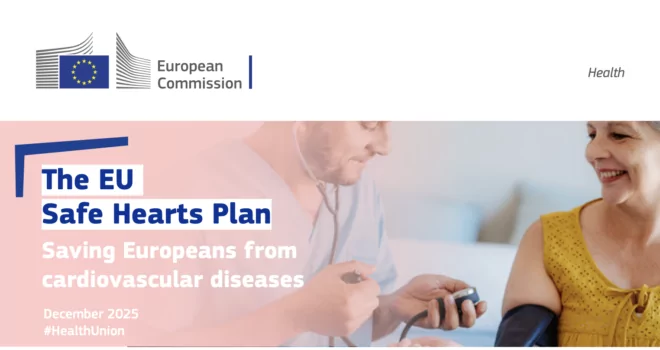
On July 9, 2019, the World Health Organization (WHO) updated their core guidance documents on medicines and diagnostic tests to address health challenges, prioritize highly effective therapeutics, and improve affordable access for patients, with a significant focus on non-communicable diseases (NCDs).
The new list includes new oral anticoagulants (NOACs), which are crucial for stroke prevention and for the management of atrial fibrillation, especially in low-resource settings.
The effort to add NOACs to the Essential Medicines List was led by a team of WHF Emerging Leaders as part of the 2018 GOALPoST project, which aims to improve global access to oral anticoagulants to prevent stroke in atrial fibrillation. The team was led by Mariachiara Di Cesare – we spoke to her about the project and how she felt when she heard the news that the application was successful.
Why did you and your team decide to focus your efforts on getting NOACs on the EML? Why was this important?
We were part of the prevention group of the EL programme 2018 aimed at preventing, treating and managing stroke patients. After an initial discussion, we decided to focus on atrial fibrillation because it is one of the major cardiac risk factors for stroke and for which a lot still needs to be done to ensure access to diagnosis and treatment, especially in low-income countries. We discussed our ideas with the faculty members of the EL programme (Mark Huffman and Pablo Perel) and we agreed that getting the NOACs application for the EML in was a feasible aim with a potentially high impact.
What was your team’s role in getting NOACs on the EML? What was the process?
Preparing the application for the inclusion of NOACs in the EML was the first of the three aims of our project “GOALPost study – Global access to Oral AnticoaguLants to Prevent Stroke in aTrial fibrillation”. This was indeed a challenging aim, both in terms of timing and preparation. After we received the good news at the end of July 2018 about our proposal being supported by the WHF, we had to organise our work plan so as to ensure to have the application ready to be submitted at the beginning of December, only 4 months later. No one had previous experience with the process.
Three members of the team focused on the systematic review and meta-analysis needed to support the application (a key and demanding part of the application). The other members contributed to the different sections based on expertise. We were able to have the final draft by mid-November for discussion and feedback. In parallel, we looked for support from different key international, regional, and national organizations. The submission happened during the World Congress of Cardiology in Dubai, attended by 4 members of the team and the EL faculty members, which was very symbolic indeed.
What role did the Emerging Leaders Programme play?
We were able to meet, as researchers, in an environment which was ideal to develop new ideas. None of us, probably, would have even thought to submit an application to the EML before our meeting in Kunshan, but we left the Think Tank seminar fully empowered so that together we felt we would be able to do it. We had no previous experience but the EL programme provided the team with all the necessary support, e.g. we felt we could ask for help at any time. The 4 months needed to get the application together were challenging but at the end very rewarding.
How did you hear the news that your application had been approved and how did you feel in that moment?
We received an email from Mark Huffman, just a few minutes after WHO published and tweeted the new EML. We are a group of EL living in multiple time zones, so messages were getting in one after the other, with our colleague in Australia waking up with the news! Needless to say, we were absolutely delighted; as a team we felt from the beginning that being successful in the application would have meant to be successful as EL team. We did it. Now we are looking forward to working on the rest of the project and to provide additional insights on how to improve access to NOACs in low-income settings.


